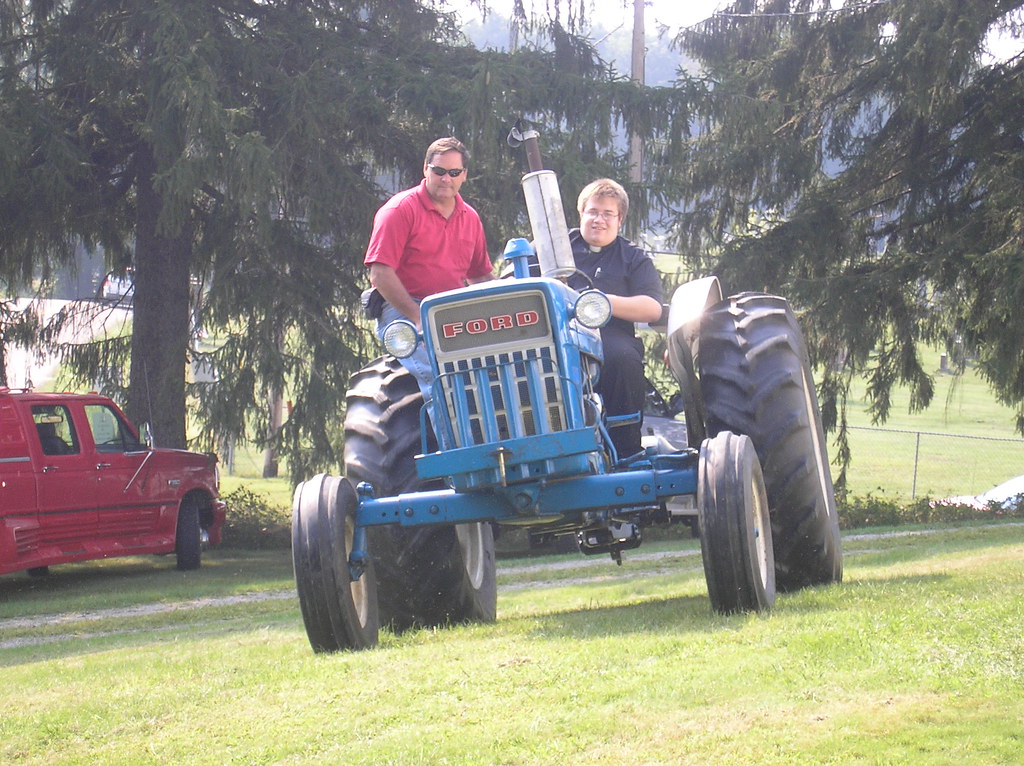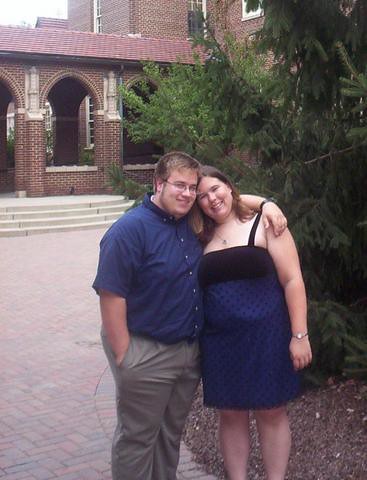I've been thinking about a couple of things today. I'll start with a confession: I'm still angry. I'm not angry because I want to be, but I am. What makes it all the more concerning is that I can't really say exactly who or what I'm angry with or what it would take to quell my anger.
One of the things that I have noticed is that we don't talk about what happened seven years ago today as "attacks" anymore. We talk about them as "events" or "a tragedy" or the one that really burns me up "the incident." But none of those really capture what happened that day. Some men, guided by their religious beliefs executed a plan to kill as many people as they could and strike fear into as many people as they could. I don't know how else to talk about it - that was an attack. We should call it what it was.
For my class, Pastor as Leader, I've read Writing in the Dust by the Archbishop of Canterbury, Rowan Williams. In his book he argues that the role of the religious leader in the aftermath of a tragedy is to create "breathing space." This space will allow people time to consider their next action and hopefully short-circuit the pattern of violence-revenge-violence which is all too prevalent in our world today. I'm supposed to prepare a 60-80 word response to how plausible this may or may not be. But, as you can see, I have more than 60 to 80 words to say.
At one point in the book, he argues that the attacks on the Twin Towers are inconsequential to the woman in rural Afghanistan who has had her village bombed. And while I see his point, I'm not convinced that it is a fair comparison. The American military has not gone randomly bombing villages, intending to kill as many average citizens as possible. The same can not be said of the attackers from Sept 11th, 2001. What does the woman preparing lunch in the cafeteria, who may or may not speak English, know about the foreign policy of the United States?
I don't talk about it much anymore, but I was in the New York metro area on Sept 11th. I heard and felt the towers collapse. I watched people from my community get off of the train still covered in the ash that overtook the city. I remember very vividly the responses of my college community. I remember the candlelight vigil, the students gathered around televisions all over campus, the swell of patriotism, and the overflowing pews in worship the next Sunday.
I think about that Sunday quite a bit. On some level, I think about it from a professional standpoint. What would I do in a congregation if/when something similar happens? But it makes me think about things that are much deeper. Why were people there that day? What were they expecting? What drove them to church that day? I think that for the first time in a generation, we saw that the homeland of the US was vulnerable. We saw that we were not as safe as we would like to be. The world was changing around us and people were looking for something permanent, something transcendent.
I guess that brings me back around to the place where I started this post. We we are going to move on, to find genuine healing, we have to call things as they really are. We should talk about the attackers, the victims, the survivors. We should admit that we are angry, or hurt, or upset. If we cannot speak honestly about where we are, how could we possibly begin to address it in prayer? How could we come to God in search of healing?
There is plenty to write about what the United States has done in response to the attacks. But none of that changes what happened that day. Please, let's stop trying to spin history. Let's stop white-washing the attacks and minimizing the grief and pain that they inflicted on so many people. Once we come to grips with that part of our story, then we can begin to feel the peace that passes all understanding.
Subscribe to:
Post Comments (Atom)



No comments:
Post a Comment